Are you struggling to find truly high-quality stainless steel bottles? Poor quality can hurt your brand and sales. I will show you what matters most.
The key is to look for food-grade stainless steel, like 304 or 316. Also, check the construction quality, such as seamless welding and durable seals. These ensure safety and long life.
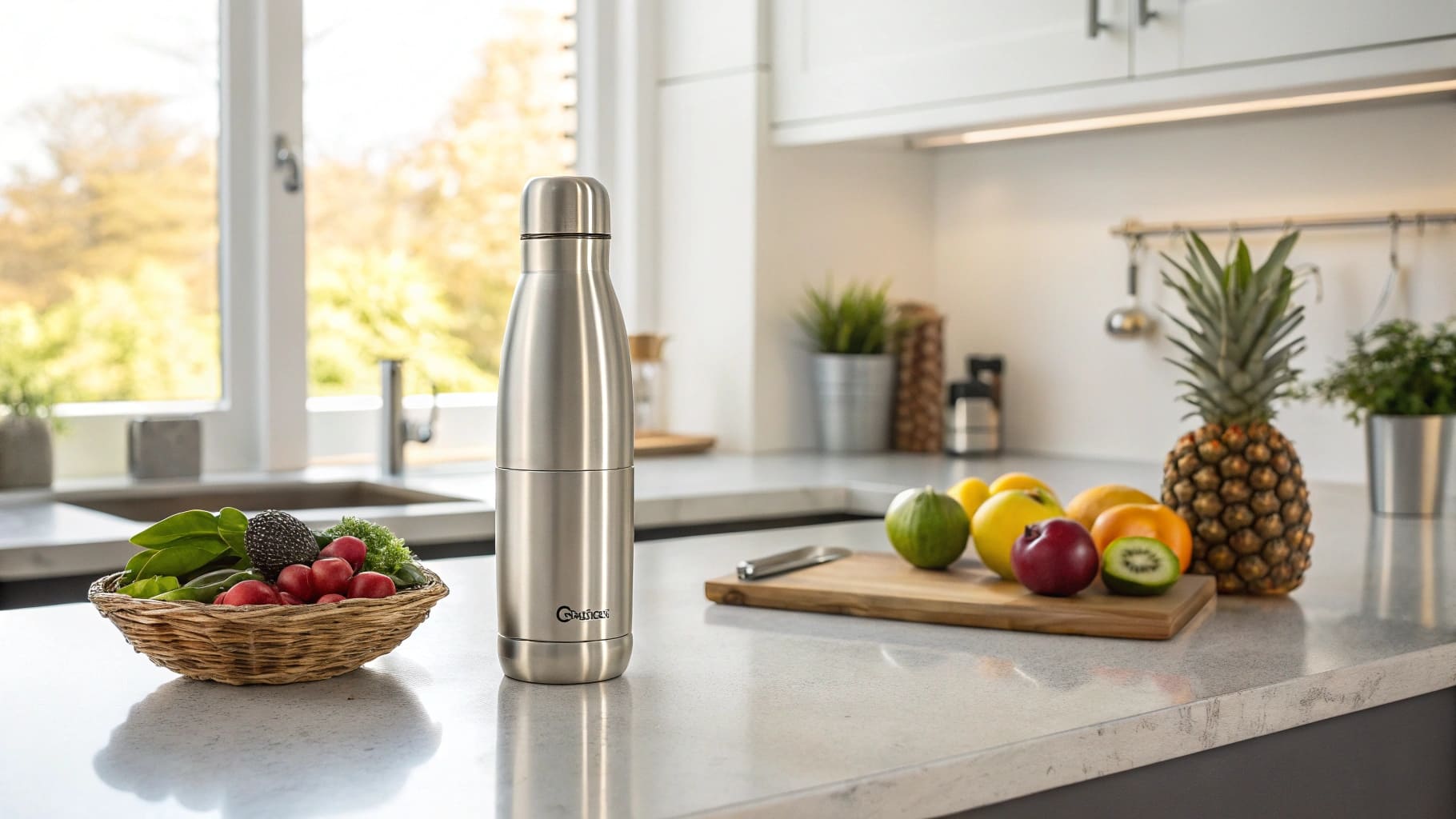
You want bottles that last and keep your customers safe. So, it's important to know the details that separate a premium bottle from a cheap one. Let me guide you through what I've learned from years in this business at Icobottle, helping buyers like you.
How to Determine the Quality of a Stainless Steel Bottle?
Worried about judging bottle quality just by looking? It's easy to get tricked by a shiny surface. I can help you spot the real signs of quality.
Focus on the steel grade, typically 18/8 or 304 stainless steel. Also, look for smooth welds, a well-fitting lid with a good seal, and a consistent finish inside and out.
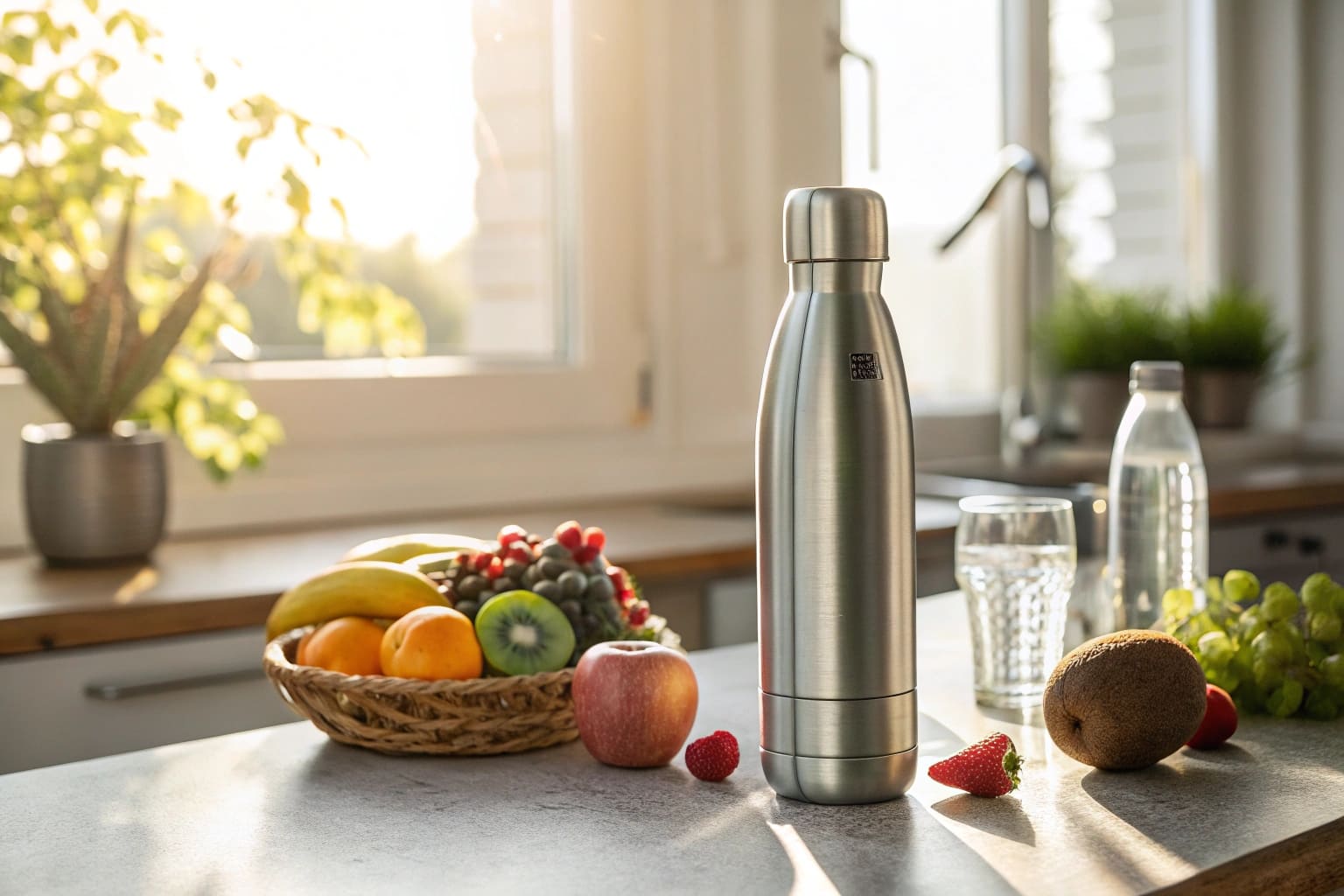
When I talk to clients, like Mark Shenng from Canada, they always ask about quality. It’s more than just the words "stainless steel." We need to dig deeper.
Material Grade Matters
The type of stainless steel used is the foundation of a quality bottle.
- 304 (18/8) Stainless Steel: This is the most common food-grade stainless steel. The "18/8" refers to 18% chromium and 8% nickel content. It offers excellent rust resistance and is safe for food and drinks. This is what we primarily use at Icobottle for most of our hip flasks, water bottles, and coffee mugs.
- 316 Stainless Steel: This grade has added molybdenum. This makes it even more resistant to corrosion, especially from chlorides and industrial solvents. It's sometimes used for very specific applications, but for everyday drinkware, 304 is usually perfect.
You should always ask your supplier to confirm the steel grade. We provide material certifications for our clients.
Construction and Finish
How the bottle is made is just as important as what it's made from.
- Welding: Look for seamless or very smooth welding lines. Poor welding can create weak spots or crevices where bacteria can hide. For our double-wall insulated bottles, the weld quality is critical for vacuum integrity.
- Seals and Lids: The lid should screw on smoothly and create a tight seal. The gasket, usually silicone, must be food-grade and fit snugly to prevent leaks. I've seen cheap bottles where the seal fails quickly.
- Interior: The interior should be smooth and electropolished. Avoid bottles with any kind of interior coating, as these can degrade or chip over time, potentially leaching into the contents. A clean steel surface is best.
A simple test I often recommend is to fill the bottle and shake it, then leave it on its side to check for leaks. Also, smell the inside; a quality steel bottle should have no metallic odor.
How to Determine if a Stainless Steel Water Bottle is Safe?
Concerned about harmful chemicals in your bottles? It's a valid worry with so many products out there. I will explain how to ensure safety for your customers.
A safe stainless steel bottle uses food-grade materials, like 304 stainless steel. It should also have no BPA in any plastic parts, like lids, and meet international safety standards.
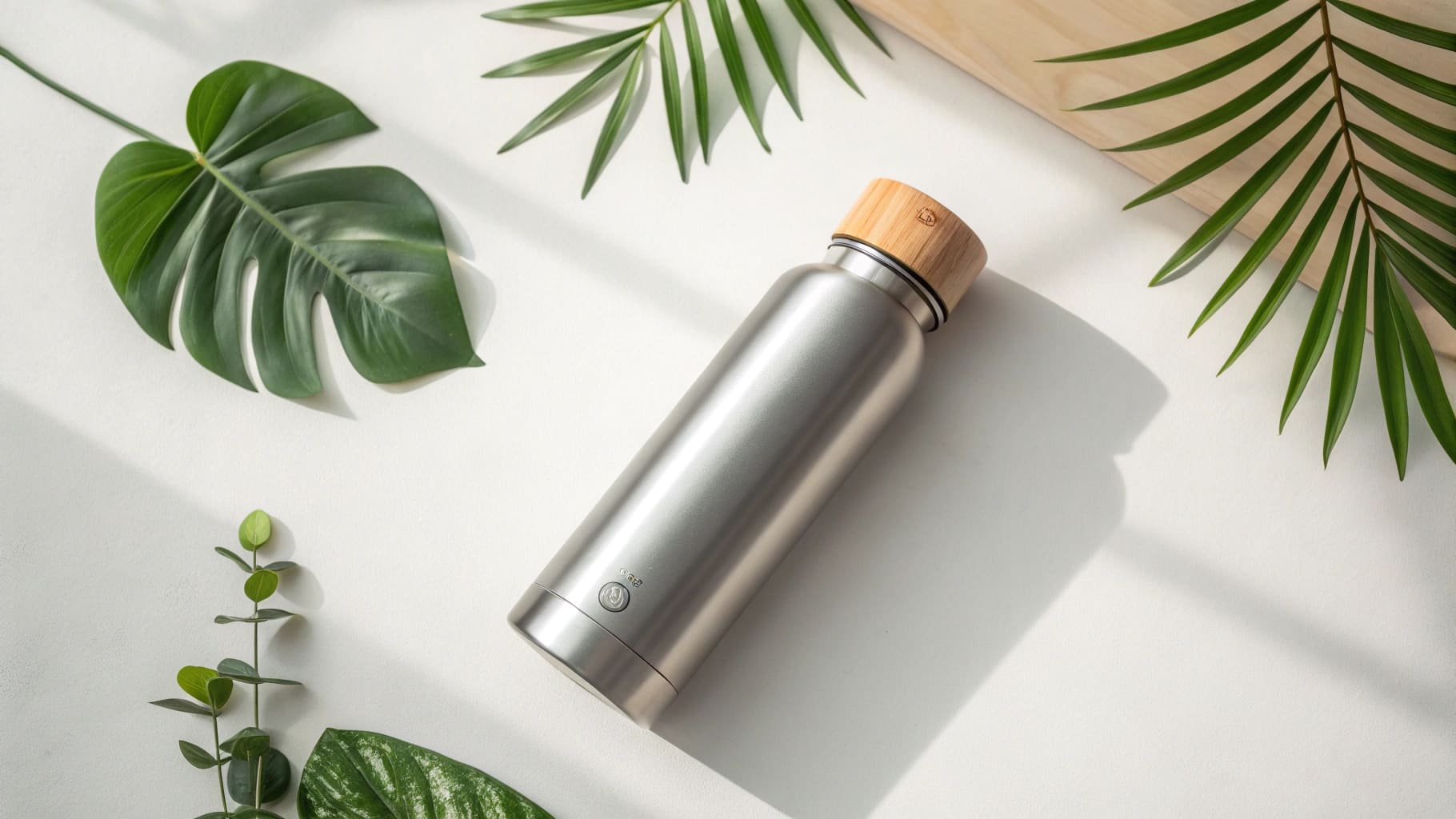
Safety is paramount, especially when dealing with products that come into contact with food and beverages. As a manufacturer, this is a non-negotiable aspect for us at Icobottle.
Food-Grade Materials are Essential
The term "food-grade" means the material is safe for direct contact with food.
- Stainless Steel Itself: As I mentioned, 304 (18/8) or 316 stainless steel are inherently food-safe. They don't leach chemicals into water or react with acidic drinks like juice or coffee. This is a big advantage over some plastics or aluminum bottles that might need liners.
- Lids and Seals: Often, lids have plastic components or silicone seals. It's crucial that these parts are also food-grade and, very importantly, BPA-free. BPA (Bisphenol A) is a chemical that has raised health concerns. All our Icobottle products, from tumblers to cups, use BPA-free materials for any part that contacts the drink.
Certifications and Testing
Reliable suppliers should be able to provide proof of safety.
- FDA (Food and Drug Administration): This is a U.S. standard for materials that contact food.
- LFGB (Lebensmittel-, Bedarfsgegenstände- und Futtermittelgesetzbuch): This is the German Food and Feed Code, a European standard that is often considered stricter than FDA.
- Other regional standards: Depending on your market, there might be other specific certifications.
We regularly test our products through third-party labs to ensure compliance with these standards. I always advise clients like Mark to ask for these test reports. It's a key part of due diligence. Don't just take a supplier's word for it; ask for the documentation. This avoids problems later, especially the pain point Mark mentioned about occasional certificate fraud.
Are Stainless Steel Water Bottles from China Safe?
Heard mixed things about products from China? It's natural to be cautious. I'll share my perspective as a Chinese manufacturer dedicated to quality.
Yes, stainless steel water bottles from China can be very safe. The key is to choose reputable manufacturers who follow international quality and safety standards1, like FDA and LFGB.
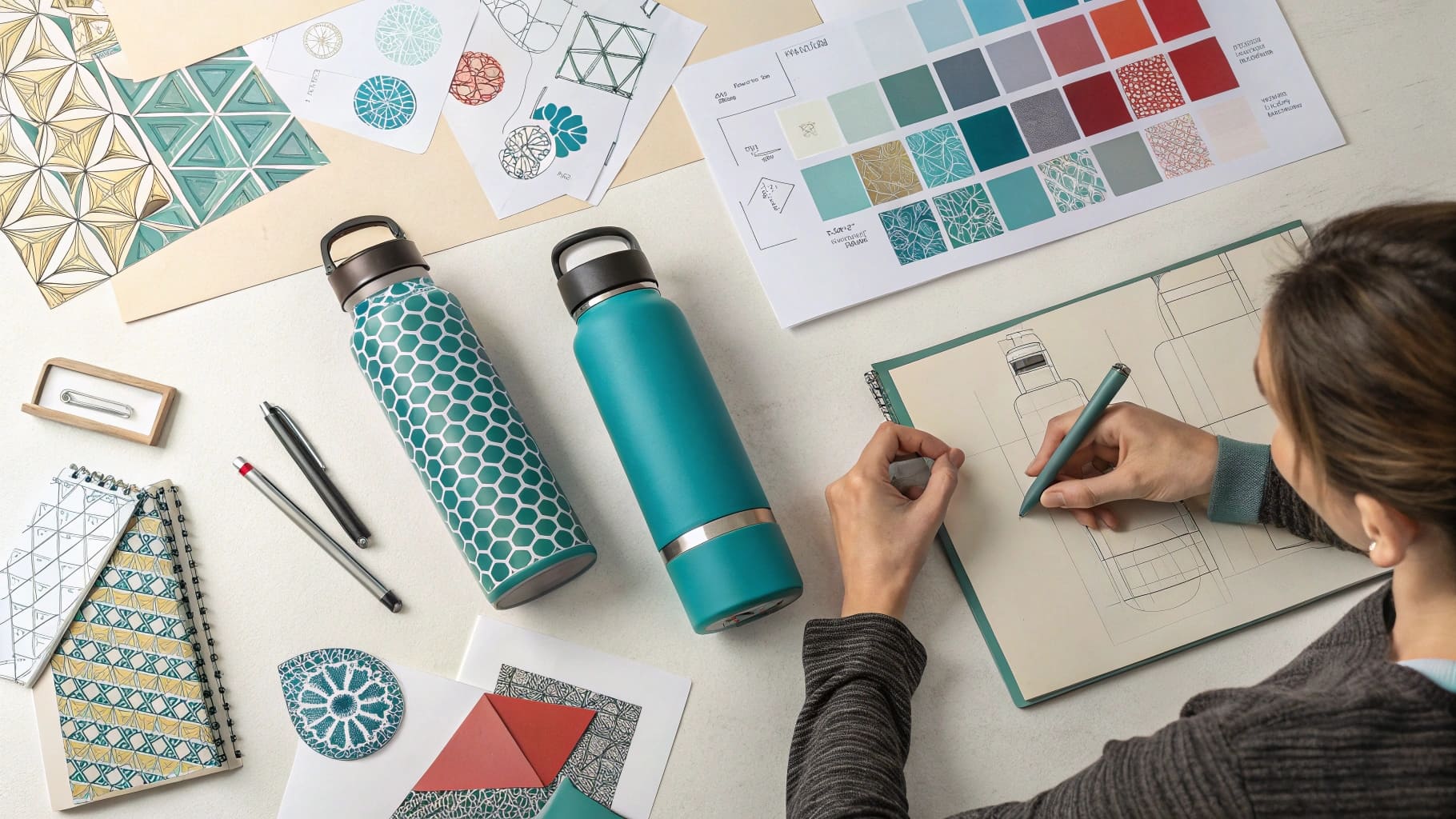
This is a question I encounter often, and I understand the concern. There's a wide spectrum of manufacturing quality in China, just like anywhere else. At Icobottle, we are proud to be a Chinese B2B supplier that prioritizes safety and quality for our clients in America and Europe.
The Reality of Chinese Manufacturing
China is a global manufacturing hub for a reason. We have advanced production capabilities, skilled labor, and efficient supply chains. Many top international brands manufacture their stainless steel products here.
- Focus on the Supplier, Not Just the Country: The "Made in China" label doesn't define the quality or safety. It's the individual manufacturer's commitment to standards, their quality control systems2, and their transparency that matter.
- Adherence to International Standards: Reputable Chinese manufacturers, like us at Icobottle, invest in meeting international standards such as FDA, LFGB, and ISO 9001 (for quality management). We understand that for clients like procurement officers from large companies or startup bosses, these certifications are crucial for market access and brand reputation.
Our Commitment at Icobottle
As a Chinese company, we stand by the safety and quality of our stainless steel water bottles, hip flasks, and coffee mugs.
- Material Sourcing: We source our 304 stainless steel from trusted mills and always verify its food-grade properties.
- Rigorous Quality Control: We have multi-stage quality checks throughout the production process, from raw material inspection to final product testing.
- Transparency and Certification: We provide all necessary test reports and certifications to our clients. We believe in building trust through transparency. My team works hard to ensure clear communication, addressing a pain point many buyers, including Mark, have experienced with other suppliers.
I often tell my clients, "Don't judge a book by its cover, or a supplier by its country of origin alone." Do your research, ask for proof, and partner with manufacturers who demonstrate a genuine commitment to quality. We welcome audits and inspections.
The Life Expectancy of a Stainless Steel Water Bottle?
Wondering how long your stainless steel bottle investment will last? Unlike plastic, it's built for the long haul. I can explain what to expect.
A well-made stainless steel water bottle can last for many years, even a decade or more with proper care. Its durability is a key advantage over other materials.
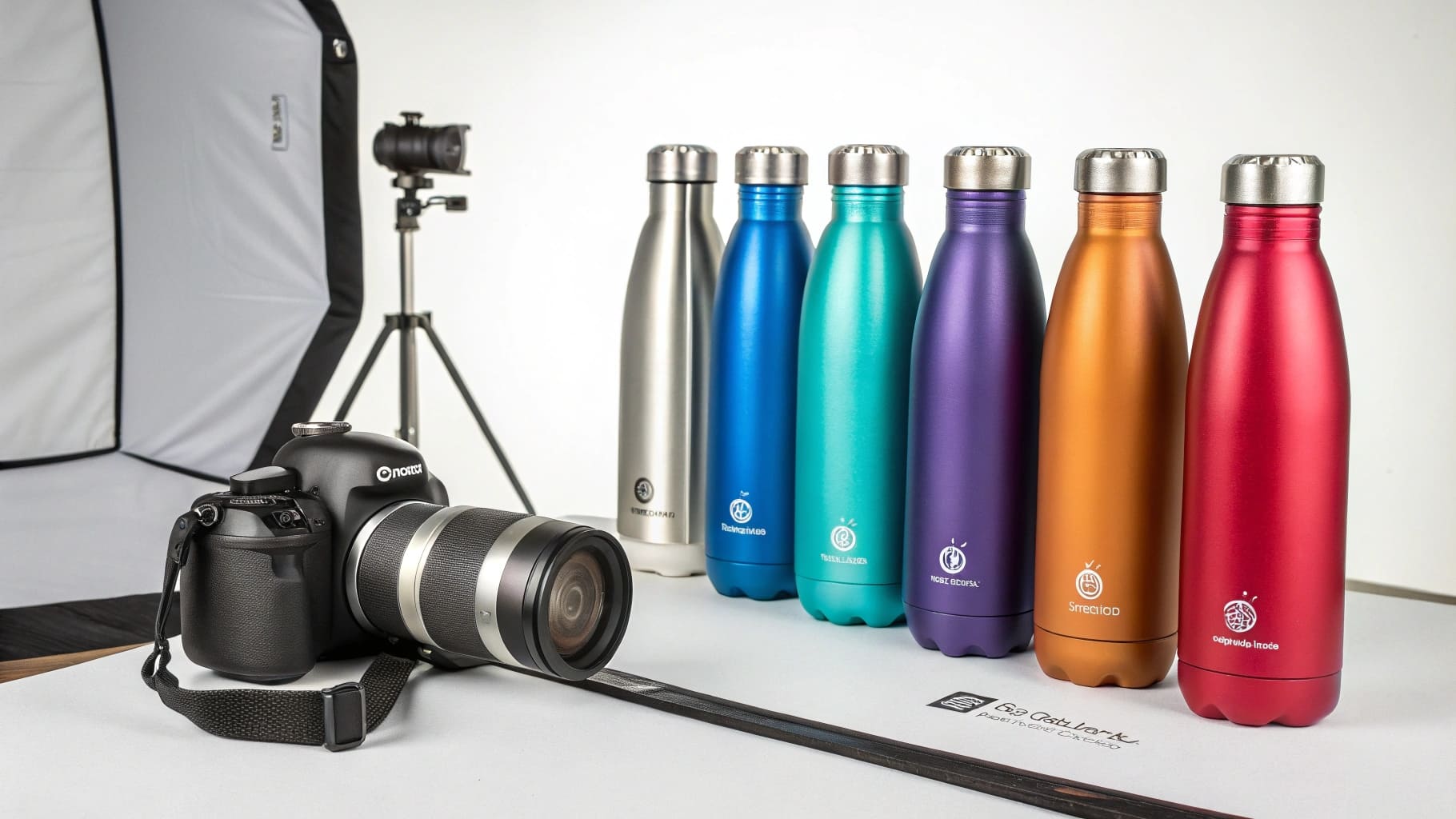
One of the best things about stainless steel bottles is their longevity. When a client like Mark considers purchasing, the lifespan is a significant factor in the value proposition, especially for products they rebrand and sell at a premium.
Factors Influencing Lifespan
While stainless steel is incredibly durable, a few things can affect how long a bottle lasts:
- Quality of Manufacturing: This is crucial. A bottle with thin walls, poor welds, or a cheaply made lid won't last as long as a robustly constructed one. At Icobottle, we focus on durability in our designs.
- Type of Use: A bottle used gently in an office will likely last longer than one taken on rugged outdoor adventures, though good quality ones are designed to withstand a lot.
- Care and Maintenance: Regular cleaning and avoiding harsh impacts will significantly extend its life. Dropping it hard can dent the bottle or, if it's vacuum-insulated, potentially break the vacuum seal, affecting its insulation performance.
What "Many Years" Means
I've personally used some of my stainless steel bottles for over 10 years, and they are still in great condition.
- No Degradation of Material: Unlike plastic, stainless steel doesn't degrade, become brittle, or leach chemicals over time with normal use.
- Maintained Performance: A well-made insulated bottle will maintain its ability to keep drinks hot or cold for years, provided the vacuum seal isn't compromised by a severe dent or damage.
When sourcing, look for signs of robust construction. For example, the thickness of the steel, the quality of the lid mechanism, and the way the base is formed. These are indicators that the bottle is built to last. Our aim is to provide products that reflect well on our clients' brands for a long time.
When to Throw Away Stainless Steel Water Bottles?
Not sure if your old stainless steel bottle is still good? It's better to be safe. I'll outline the signs that it's time for a replacement.
You should replace a stainless steel bottle if it has deep dents affecting insulation, cracks, a broken seal causing leaks, or persistent odors that cleaning can't remove.
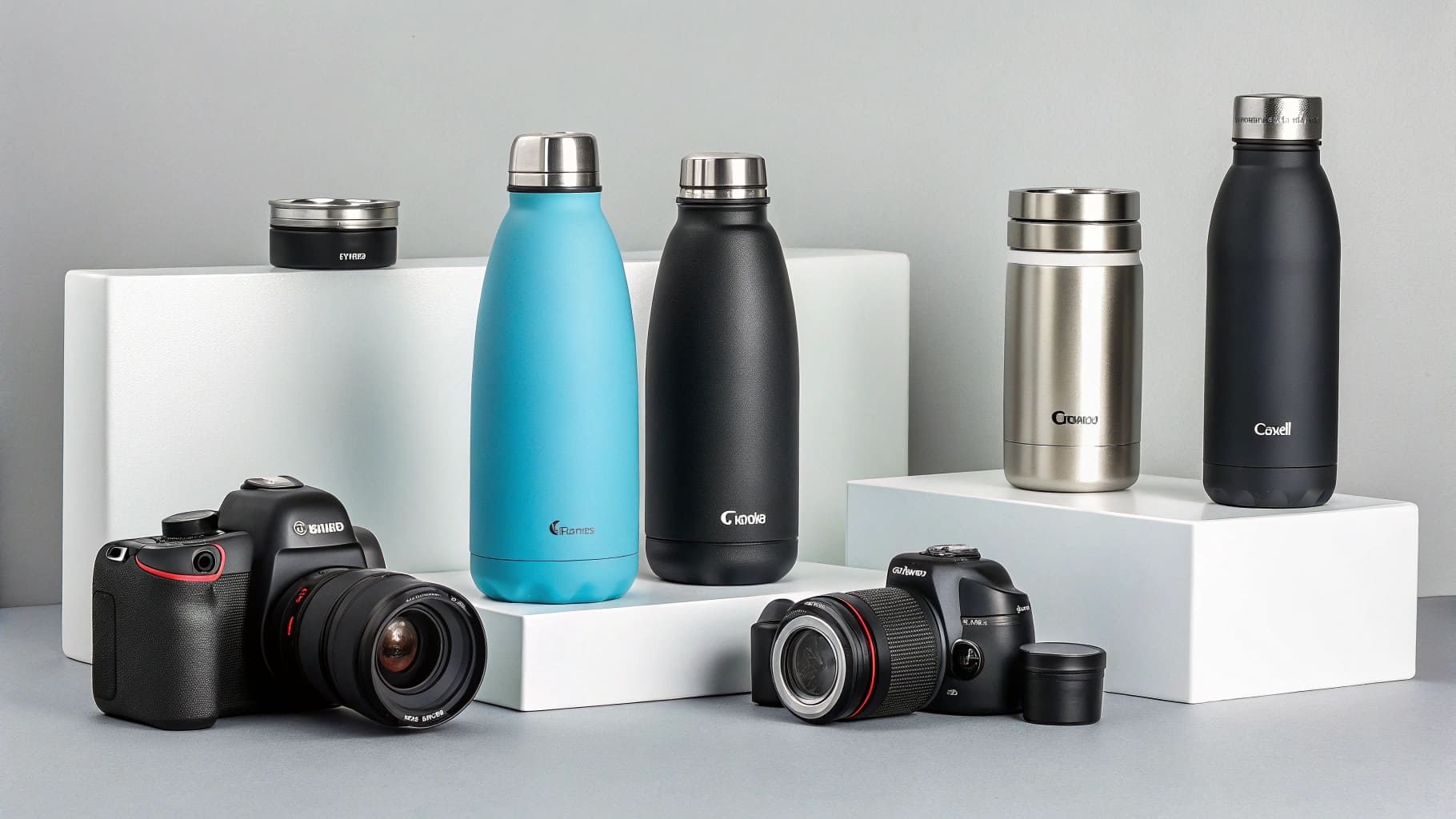
Stainless steel bottles are tough, but they aren't indestructible. Knowing when to retire one is important for both performance and hygiene. This is something I discuss with clients to help them advise their own customers.
Key Indicators for Replacement
There isn't a fixed expiry date, but here are clear signs it's time for a new bottle:
- Physical Damage:
- Deep Dents: While minor dents are usually just cosmetic, a significant dent, especially on a vacuum-insulated bottle, can compromise the vacuum layer. If your bottle suddenly stops keeping drinks hot or cold as well as it used to, a dent might be the culprit.
- Cracks or Punctures: This is rare with quality steel, but if it happens, the bottle is no longer safe or usable. This usually results from extreme impact.
- Damaged Threads: If the threads on the bottle or lid are damaged, it won't seal properly, leading to leaks.
- Compromised Seal:
- Persistent Leaks: If the lid no longer seals tightly, even after cleaning or replacing the gasket (if possible), it's time for a new bottle. Leaks are inconvenient and can damage belongings.
- Hygiene Concerns:
- Persistent Odors or Taste: If the bottle retains strong odors or a metallic taste despite thorough cleaning with baking soda, vinegar, or bottle cleaning tablets, it might indicate a buildup of residue or a problem with the steel surface itself (though very rare with quality 304/316 steel).
- Visible Rust or Corrosion (Inside): True food-grade stainless steel is highly rust-resistant. If you see rust inside, it might indicate very low-quality steel was used, or it has been consistently damaged and exposed to harsh conditions. This is a definite reason to discard.
At Icobottle, we design our bottles for durability, but we also advise on proper care to maximize their lifespan. For my B2B clients, providing this information to end-users can enhance customer satisfaction. It’s about responsible use and knowing when it's truly time to say goodbye to an old friend.
Conclusion
In summary, sourcing quality stainless steel bottles means checking materials, construction, and supplier reputability. This ensures safety, longevity, and customer satisfaction for your business.

